We have much more to do and your continued support is needed now more than ever.
Congress Fails Farmers and Wildlife (Updated)
The 2012 Farm Bill, or lack thereof, has been ubiquitous in news media over the last few months. Opinions and perspectives on the House and Senate versions of the Farm Bill are diverse and complicated; that isn’t surprising, considering that this legislation will impact a broad range of agricultural policies, from drought assistance to crop insurance to food stamps.
My job is to update you on the wildlife impacts of Farm Bill developments from the past few months and give you an idea of what conservation’s future might look like, if the Farm Bill doesn’t pass by September, 21st (Please see my previous blog for a basic explanation of what the Farm Bill is and how it affects wildlife).
Recap: Senate and House Bills
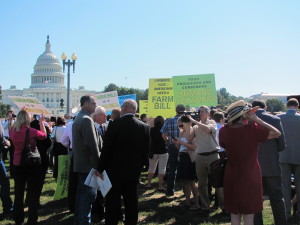
- It maintains an adequate level of funding for conservation programs;
- It contains a national Sodsaver provision to protect native grasslands;
- And it requires that farmers receiving taxpayer-funded crop insurance premium subsidies protect the public good by following a soil conservation plan on highly erodible land and refrain from draining wetlands (known as conservation compliance).
After the Senate bill passed, it was the House’s turn to pass their own version. The House Agriculture Committee moved quickly to pass H.R. 6830, the Federal Agriculture Reform and Risk Management Act of 2012. Although the House version maintained a similar level of funding to conservation in comparison to the Senate bill, it lacked important protection for wildlife. The House bill’s version of Sodsaver only applied to the Prairie Pothole Region, despite efforts by Reps. Timothy Walz (D-Minn.) and Kristi Noem (R-S.D.) to extend Sodsaver nationally and protect native grasslands nationwide. The House version also lacked conservation compliance provisions in exchange for crop insurance premium subsidies. However, if brought to the House floor, members of Congress will have the chance to apply Sodsaver to the entire nation, and apply important soil and water conservation provisions, as Sen. Saxby Chambliss (R-GA) did on the Senate floor.
Unfortunately, the Farm Bill is stalled. There are only 3 days left on the Congressional calendar before the 2008 Farm Bill expires on September 30th, 2012, and the House leadership still hasn’t allowed the Farm Bill to go to the floor. Although Rep. Bruce Braley (D-IA) filed a discharge petition to force the House to a vote, it is unlikely the petition will get enough signatures before the Farm Bill expires.
What will happen if the 2008 Farm Bill expires?
The longer it takes to pass a farm bill, the worse things will be for conservation. According to the Congressional Research Service, funding for some conservation programs, including the Conservation Stewardship Program (CSP), Environmental Quality Incentives Program (EQIP), and Wildlife Habitat Incentives Program (WHIP) was extended beyond the Farm Bill until September 2014, by the FY2012 Agriculture Appropriations Act (P.L. 112-55); however, that appropriation contains significant cuts to all those programs.
But the Farm Bill expiration isn’t the only thing affecting conservation funding right now. In an effort to keep the government running until March 2013, the House has passed a continuing resolution which would cap some conservation programs and cut others. If the House votes on a Farm Bill in the lame duck session after the November election, there is still another chance to restore vital conservation funding. If Congress waits until next year to vote on the Farm Bill, the process will have to start all over again and conservation will continue to be a target for disproportionate budget cuts.
Will the agricultural world as we know it come to an end?
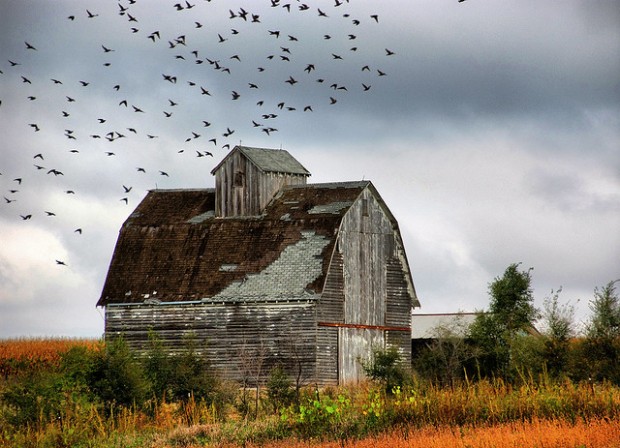
So, no, the world isn’t going to end if the Farm Bill doesn’t pass by September 30th. That being said, I am hugely disappointed in this turn of events. I would like to believe that our elected officials can work together and get things done. A Farm Bill that pleases everyone may not exist. But I believe that with hard, bipartisan work, Congress can pass a Farm Bill we can stand behind. There is still time left, and a bill is so close. Yet so far.
What can you do to make sure mayhem doesn’t ensue and wildlife is protected?
Follow the link to ask your representative to extend the important wildlife protection provisions from the Senate version to the House version of the Bill, whenever it comes to the floor.
UPDATE: September 20th: House Speaker John Boehner announced that the Farm Bill will not go to the House floor until after November elections.





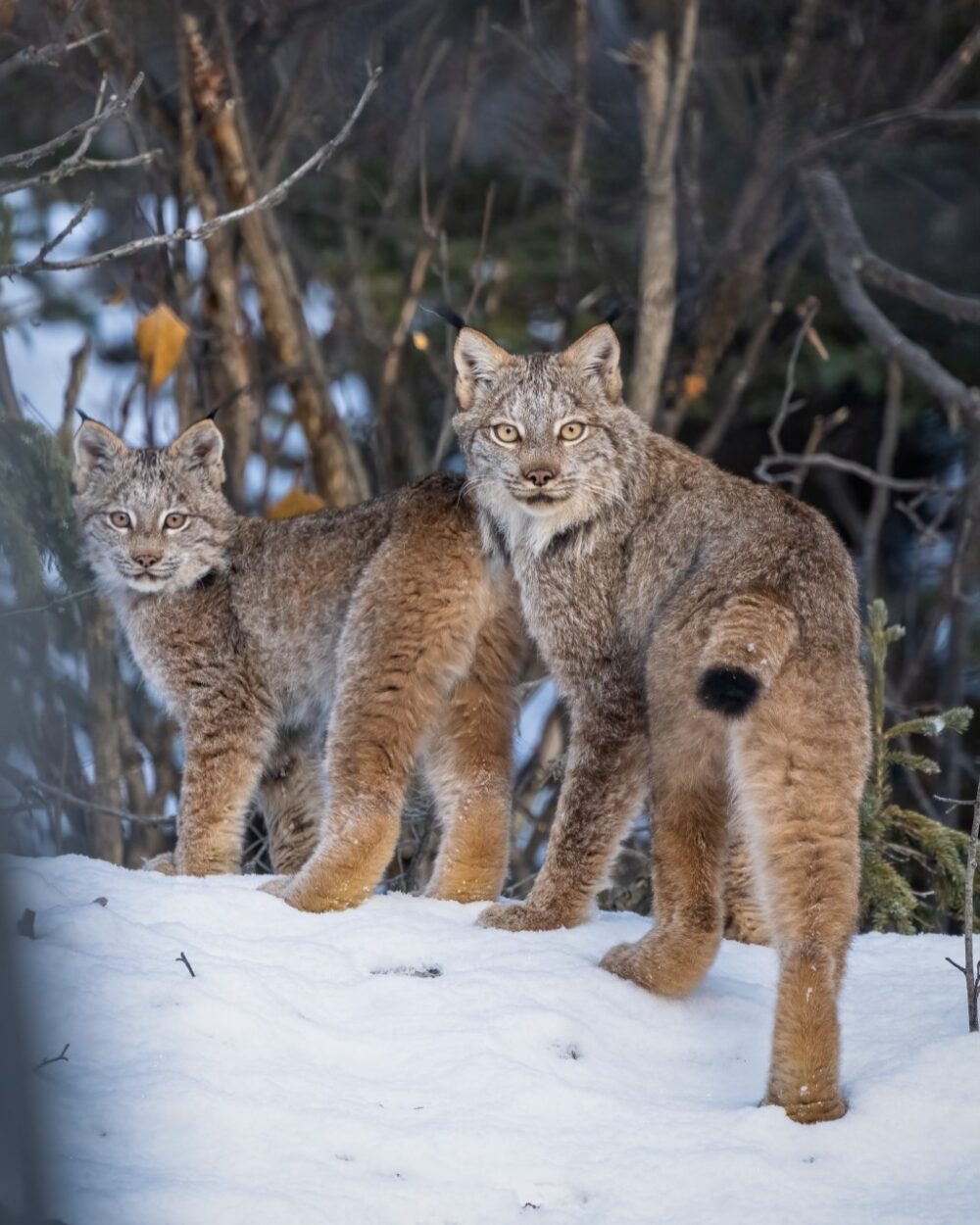
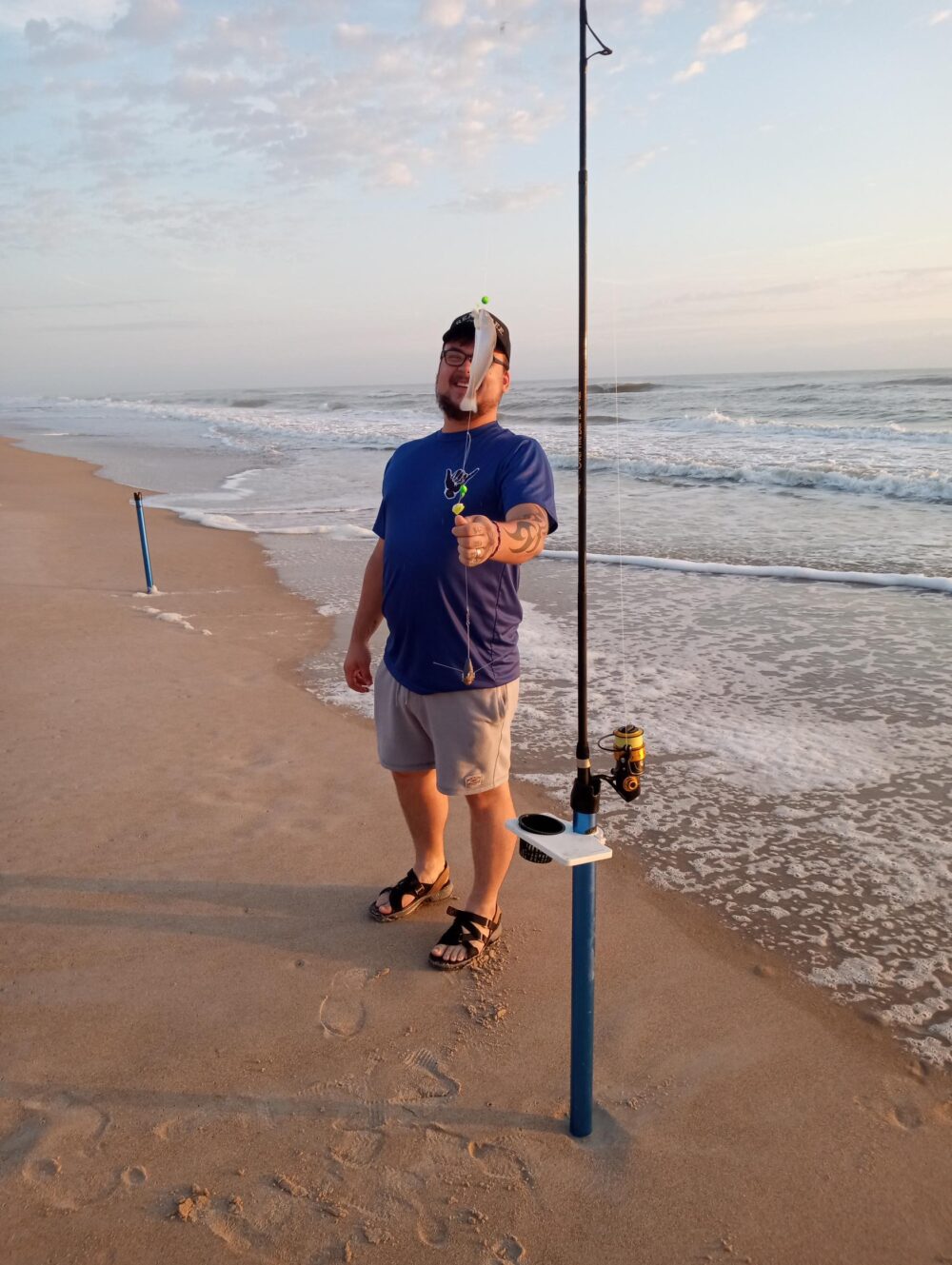
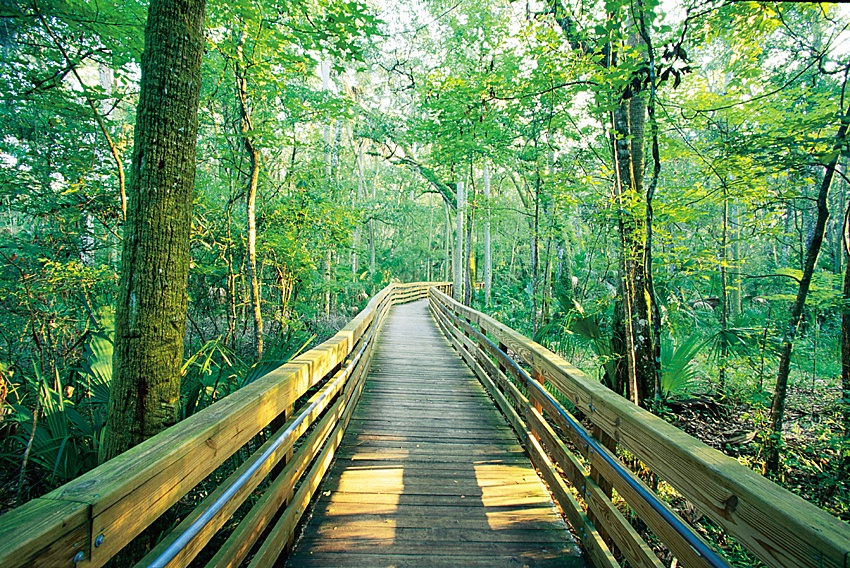







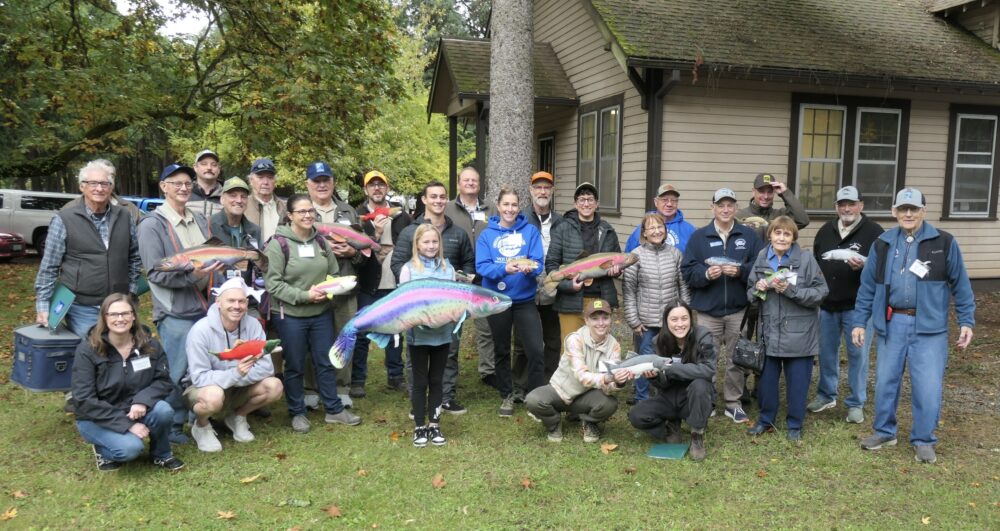
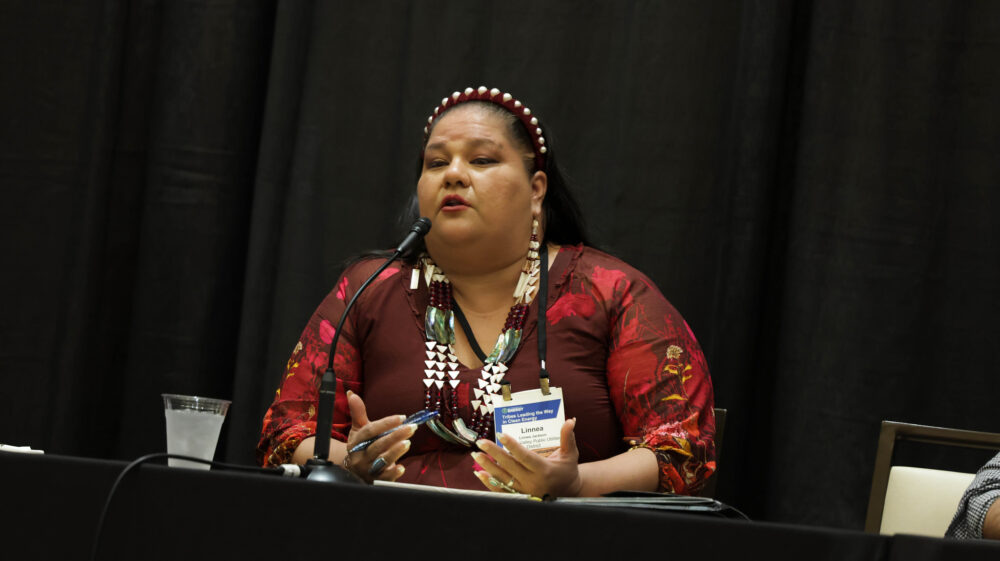
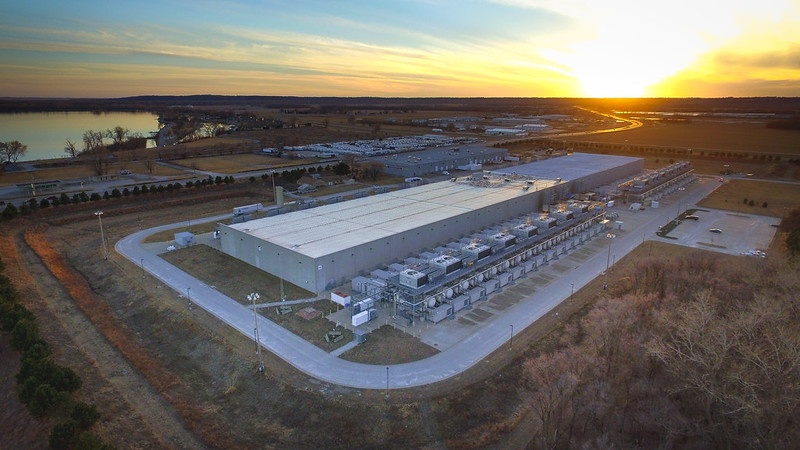



Building Momentum: What’s Next for Beaver Conservation in Colorado